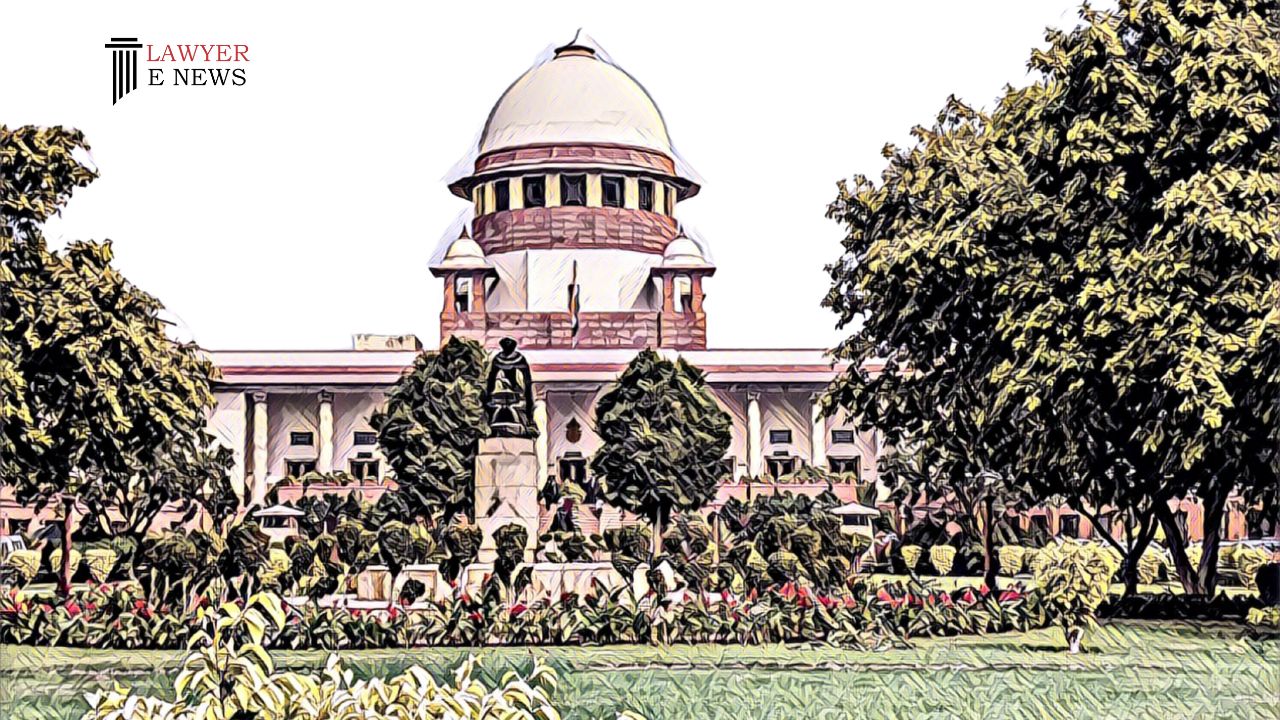-
by Admin
16 February 2026 1:47 PM



The Supreme Court struck a blow for fairness in educational recruitment, addressing the arbitrary denial of a primary school teacher’s appointment and underscoring the need for transparent selection criteria.
Legal Point of Judgment: The apex court delved into the case where Manoj Kumar, the appellant, contested the arbitrary denial of his appointment by the Pt. Deendayal Upadhyaya Institute for the Physically Handicapped. The case involved critical legal points regarding administrative arbitrariness, judicial review, and the authority of educational institutions in determining eligibility criteria.
Facts and Issues: In 2016, the Institute advertised for the position of primary school teacher, stipulating specific qualifications and selection processes. The appellant, meeting the criteria and possessing additional qualifications (PG Degree), was denied the appointment on the grounds that his PG Degree was not in a “relevant subject”. The High Court had earlier upheld the Institute’s decision, leading to this appeal in the Supreme Court.
Court’s Assessment: The bench, comprising Justices Pamidighantam Sri Narasimha and Sandeep Mehta, found the Institute’s actions in denying marks for the appellant’s PG Degree as “arbitrary and illegal”. The Court observed, “Clauses 14 and 19 of the vacancy circular do nothing more than reserving flexibility in the selection process. They cannot be read to invest the Institute with unbridled discretion to pick and choose candidates by supplying new criteria to the prescribed qualification.”
The Court also distinguished between judicial review in public and civil law, emphasizing the need for constitutional courts to control the exercise of power by the state and its instrumentalities to prevent excess and abuse.
Judgement and Decision: Acknowledging that the school in question had closed and direct employment was no longer feasible, the Court directed monetary compensation to the appellant. It was ordered that the Institute pay Rs. 1,00,000/- as compensation to Manoj Kumar for the wrongful denial of appointment, along with costs of Rs. 25,000/-. The Court set aside the judgment of the High Court and allowed the appeal.
Date of Decision: February 20, 2024.
“Manoj Kumar vs Union of India & Ors
